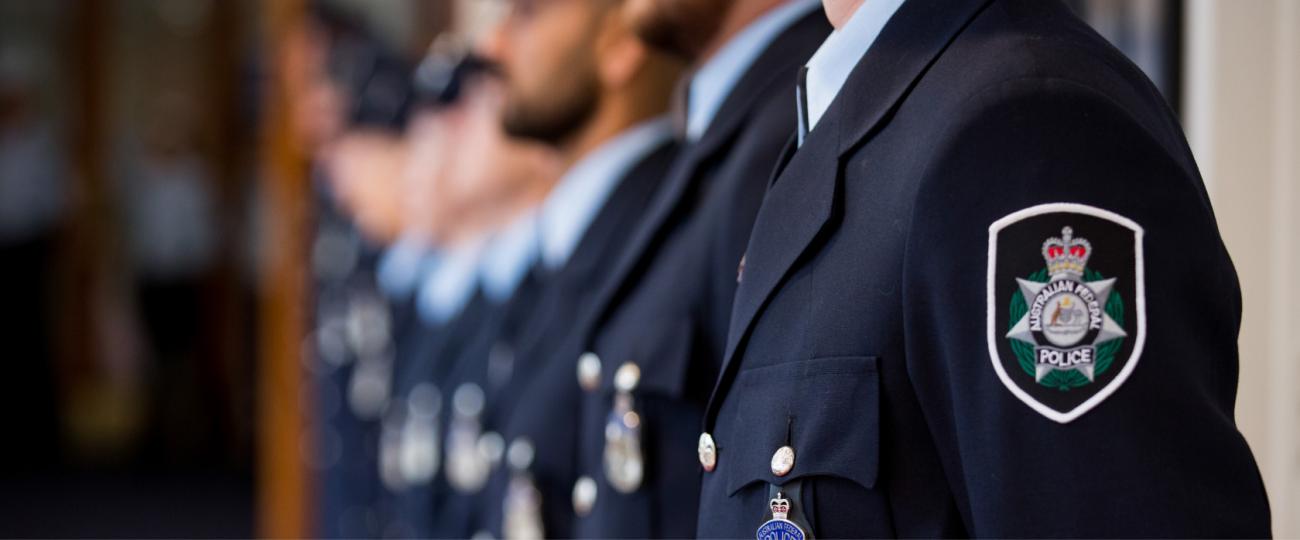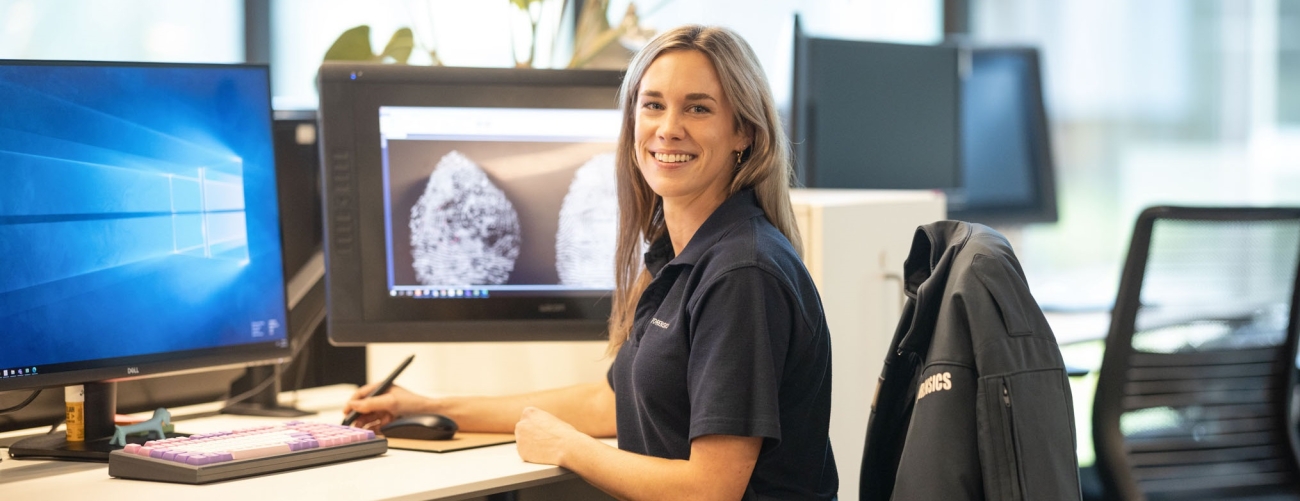We’re recruiting. Want to learn more?’

Call 000 if you need urgent help


Become a forensic science or technical intelligence expert with the AFP.
We're world leaders in forensic science and technical intelligence. Forensics Command members support Australian Capital Territory, national and international policing.
Working in forensics, your work could include:
There are many specialist forensics roles available. Search our current vacancies to find a job that suits you.
We've profiled 2 forensics roles and also offer a work experience program for high-school students.
We offer work experience to secondary school students in years 10 to 12. Students considering a career in forensic science with the AFP will learn about roles in:
We include practical scenarios and a simulated courtroom trial.
Learn more about work experience.
Our digital forensics examiners work with electronic data to help solve AFP investigations. You'll assist AFP operations by locating, gaining access to, analysing and presenting digital evidence. You'll provide your technical expertise to AFP and partner operations.
As a digital forensic examiner, you will:
You'll have access to a wide range of benefits and conditions. To learn more about career progression, salary bands and entitlements, read our Enterprise Agreement.
As a crime scene investigator, you'll:
Your tasks may include:
As a crime scene investigator, you'll have access to a wide range of benefits and conditions.
To learn more about career progression, salary bands and entitlements, read our Enterprise Agreement.
To join the AFP as a digital forensics examiner or crime scene investigator, you must:
Before being offered a job with us you'll also need to:
We advertise vacancies on our Jobs portal.
Each position will outline the application process.
To see the current positions available, visit our Jobs portal.
